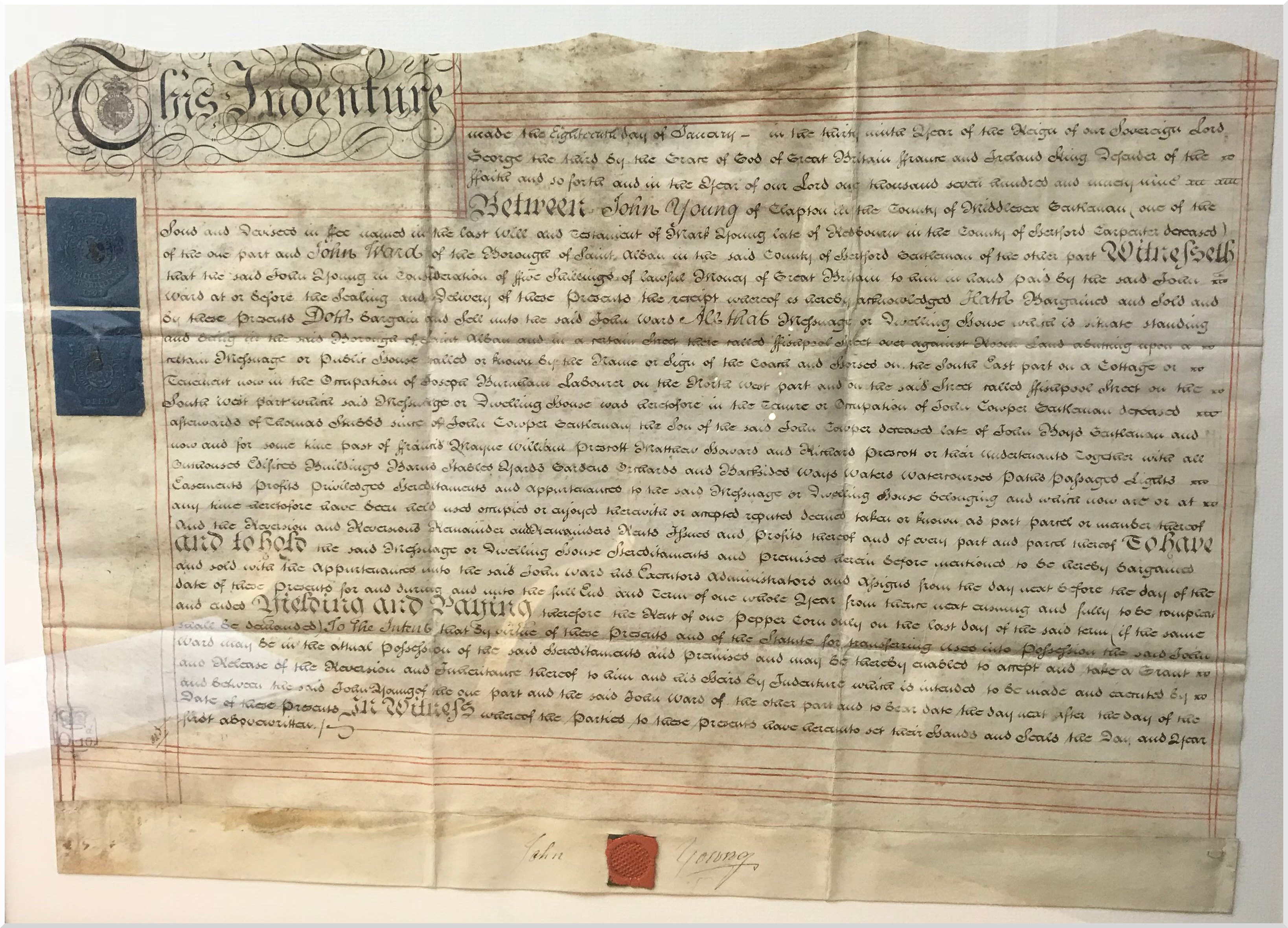Not enough sleep and eating too much chocolate can lead to Alzheimer’s Disease, according to two recent studies into the illness. Should we take these claims seriously?
Since the German psychiatrist Alois Alzheimer first identified and reported on the symptoms of the disease (often referred to as dementia) in a 55 year old woman in 1906, numerous causes for the condition have been put forward. Symptoms most often begin with short-term memory loss, and can develop into disorientation, problems with language, mood swings and behavioural issues. As the condition worsens, sufferers may withdraw from their family and from society in general.
Disturbed sleep may well be linked to dementia, but as yet it is unclear if sleep deprivation is a symptom of dementia or simply a side effect of it. Equally, consuming too much chocolate (or sweet items in general) can lead to diabetes, which again has strong links to the onset of Alzheimer’s Disease. Outside factors including severe head injury, depression and stress may also play their part, as may genetic factors. However, it is thought that the root causes of any individual diagnosis of Alzheimer’s can only be established in less than 5% of cases – in other words we still don’t know what causes the disease to take hold.
Alzheimer’s Disease becomes increasingly common after the age of 65 and it is obvious that with ageing populations around the world, this issue will only get worse until methods are found to lessen the symptoms of the disease. The Alzheimer’s Society estimates that there are 850,000 people in the UK with dementia, and that 1 in 6 people over 80 are sufferers. The impact on families of watching their loved ones slowly deteriorate is difficult to accept, whilst the cost of care is becoming an increasingly difficult issue.
Whilst sadly there may be little we can do to stop the onset of Alzheimer’s or to prevent the symptoms from getting worse, there are steps you can take in case you are affected by Alzheimer’s in the future. You can appoint up to four people who you know and trust to act as your attorneys. There are two types of Lasting Power of Attorney (LPA) and you can make either or both types:
- An LPA for Property & Financial Affairs enables attorneys to run your bank accounts, manage your savings and investments, sell your property and pay your bills.
- An LPA for Health & Welfare enables attorneys to make decisions about your care, medical treatment, where you should live and your daily routine.
A Lasting Power of Attorney does not have to be used immediately and you can run your own affairs and make your own decisions for as long as possible. It is simply stored in a safe place in case it is needed in the future.
If you do not make a Lasting Power of Attorney then sadly develop Alzheimer’s or lose your capacity in some other way, the Court of Protection must appoint a deputy to manage your affairs. This will be a person chosen by the Court not by you. The deputy must complete annual returns and pay an annual fee from your funds to the Court.
Further information can be found on: www.alzheimers.org.uk
For advice on making a Lasting Power of Attorney or making an application to the Court of Protection, contact us on 01727 869293.
For more information please visit: WILLS, PROBATE AND POWERS OF ATTORNEY







